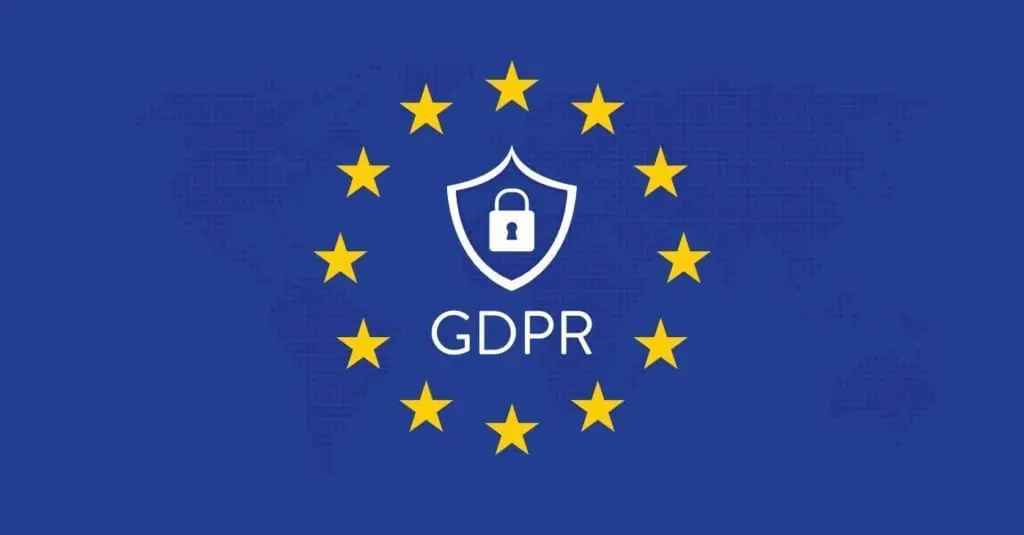Prompted by the GDPR and its headline-grabbing fines, businesses have worked hard to ensure that they have a proper legal basis for their email marketing. This usually means consent from users, although in some circumstances “legitimate interests” may also be an option. In addition to establishing a proper basis for marketing under the GDPR, businesses should include certain other information in their emails. Regulation 23 of the Privacy and Electronic Communications Regulations (EC Directive) Regulations 2003 provides that:
A person shall neither transmit nor instigate the transmission of, a communication for the purposes of direct marketing by means of electronic mail—
(a) where the identity of the person on whose behalf the communication has been sent has been disguised or concealed; or
(b) where a valid address to which the recipient of the communication may send a request that such communications cease has not been provided.
Accordingly, a business should include identifying information in their email marketing templates along with an email address or similar for unsubscribes. Under UK company law, limited companies and LLPs must include the company’s registered name and number, place of registration and registered office address. Depending upon how the business collects and handles personal data, a link to the business’s relevant privacy policy may also be required.
